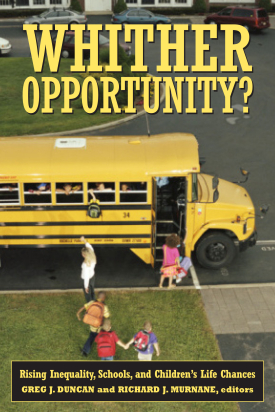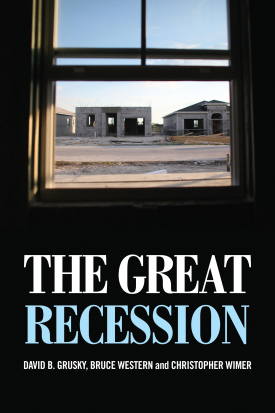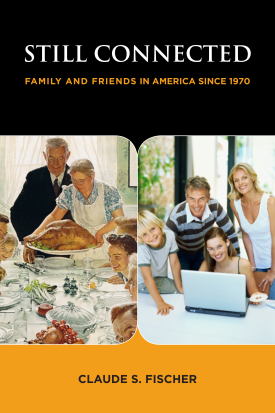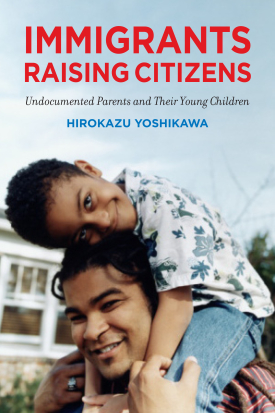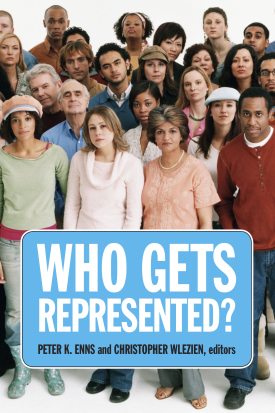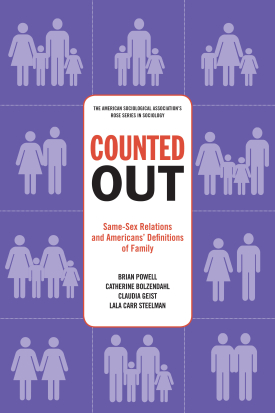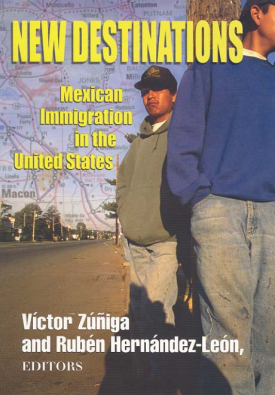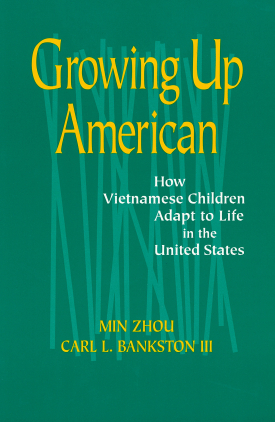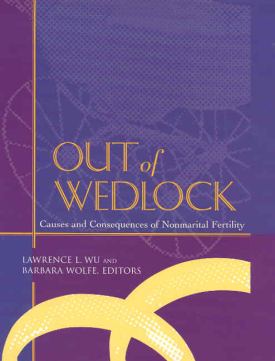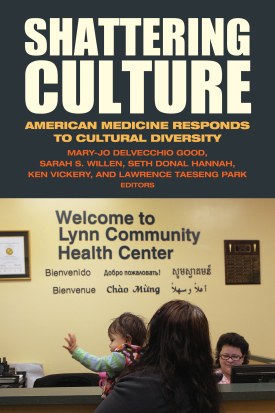
Shattering Culture
About This Book
"Culture counts" has long been a rallying cry among health advocates and policymakers concerned with racial disparities in health care. A generation ago, the women’s health movement led to a host of changes that also benefited racial minorities, including more culturally aware medical staff, enhanced health education, and the mandated inclusion of women and minorities in federally funded research. Many health professionals would now agree that cultural competence is important in clinical settings, but in what ways? Shattering Culture provides an insightful view of medicine and psychiatry as they are practiced in today’s culturally diverse clinical settings. The book offers a compelling account of the many ways culture shapes how doctors conduct their practices and how patients feel about the care they receive.
Based on interviews with clinicians, health care staff, and patients, Shattering Culture shows the human face of health care in America. Building on over a decade of research led by Mary-Jo Good, the book delves into the cultural backgrounds of patients and their health care providers, as well as the institutional cultures of clinical settings, to illuminate how these many cultures interact and shape the quality of patient care. Sarah Willen explores the controversial practice of matching doctors and patients based on a shared race, ethnicity, or language and finds a spectrum of arguments challenging its usefulness, including patients who may fear being judged negatively by providers from the same culture. Seth Hannah introduces the concept of cultural environments of hyperdiversity describing complex cultural identities. Antonio Bullon and Mary-Jo Good demonstrate how regulations meant to standardize the caregiving process—such as the use of templates and check boxes instead of narrative notes—have steadily limited clinician flexibility, autonomy, and the time they can dedicate to caring for patients. Elizabeth Carpenter-Song looks at positive doctor-patient relationships in mental health care settings and finds that the most successful of these are based on mutual “recognition”—patients who can express their concerns and clinicians who validate them. In the book’s final essay, Hannah, Good, and Park show how navigating the maze of insurance regulations, financial arrangements, and paperwork compromises the effectiveness of mental health professionals seeking to provide quality care to minority and poor patients.
Rapidly increasing diversity on one hand and bureaucratic regulations on the other are two realities that have made providing culturally sensitive care even more challenging for doctors. Few opportunities exist to go inside the world of medical and mental health clinics and see how these realities are influencing patient care. Shattering Culture provides a rare look at the day-to-day experiences of psychiatrists and other clinicians and offers multiple perspectives on what culture means to doctors, staff, and patients and how it shapes the practice of medicine and psychiatry.
MARY-JO DELVECCHIO GOODis professor of social medicine at Harvard Medical School and teaches in the Department of Sociology at Harvard University, in addition to being a faculty affiliate of the Asia Center, the Center for Middle Eastern Studies, and the Weatherhead Center for International Affairs.
SARAH S. WILLEN is assistant professor of anthropology at the University of Connecticut.
SETH DONAL HANNAH is lecturer on sociology at Harvard University.
KEN VICKERY is director of external fellowships at the University of Illinois, Urbana-Champaign.
LAWRENCE TAESENG PARK assistant professor of psychiatry at Massachusetts General Hospital.
CONTRIBUTORS: Antonio Bullon, Joseph D. Calabrese, Elizabeth Carpenter-Song, Sadeq Rahimi, Lisa Stevenson, Marina Yaroshenko.

